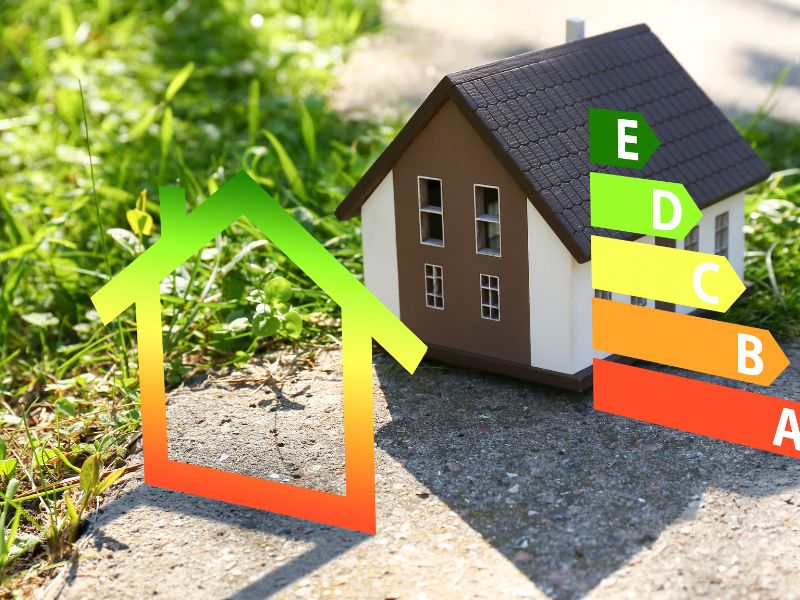
Case-Shiller Home Price Indices reported a year-over-year national home price gain of 9.50 percent for November 2020. Home prices continued to grow in response to high demand for homes and homeowner relocations in response to the covid-19 pandemic. Inventories of pre-owned homes remained low. Home prices rose at a slower pace in November but remained strong in most areas.
20-City Home Price Index Reports Home Price Gains in 19 of 20 Cities
November’s edition of the 20-City Home Price Index reported the highest year-over-year home price gain of 13.80 percent in Phoenix, Arizona, which held first place for the 18th consecutive month. Seattle, Washington reported year-over-year home price growth of 12.70 percent, and San Diego, California held third place with year-over-year home price growth of 12.30 percent. Home prices rose 1.50 percent from October to November.
Lower numbers of mortgage applications indicated that demand for homes may be slowing, but analysts expected demand for homes to continue driving home prices up. Factors contributing to slowing home sales include affordability and less inclination to relocate as businesses and employers reopen. Low inventories of available pre-owned homes limited prospective buyers’ choice of homes; home builders faced rising materials and labor costs that impact their ability to produce affordable homes.
FHFA Reports Home Price Growth Exceed Post-Recession Pace
The Federal Housing Finance Agency reported that prices of single-family homes owned or financed by Fannie Mae and Freddie Mac grew by one percent between October and November; home prices were up by 11 percent year-over-year. November was the sixth consecutive month for home price growth reported by FHFA. Data supplied by FHFA is based on house purchases and does not include refinancing transactions.
Dr. Lynn Fisher, Deputy Director of FHFA’s Division of Research and Statistics, said “House prices have risen by at least one percent for six consecutive months. The acceleration has been slowing, but annual gains now outpace the prior housing boom. Current conditions can be explained by fundamentals including low rates and tight housing supply, which have been intensified by the pandemic.”
Year-over-year home price growth within the nine federal census divisions ranged from 0.30 percent in the West South Central Division to 14.00 percent growth in the Mountain Division. Home price growth in the mountain west continued to grow as homeowners in costly and congested coastal areas moved to more affordable neighborhoods in cities including Phoenix, Arizona, and Boise, Idaho.
Case-Shiller Home Price Indices reported a year-over-year national home price gain of 9.50 percent for November 2020. Home prices continued to grow in response to high demand for homes and homeowner relocations in response to the covid-19 pandemic. Inventories of pre-owned homes remained low. Home prices rose at a slower pace in November but remained strong in most areas.
20-City Home Price Index Reports Home Price Gains in 19 of 20 Cities
November’s edition of the 20-City Home Price Index reported the highest year-over-year home price gain of 13.80 percent in Phoenix, Arizona, which held first place for the 18th consecutive month. Seattle, Washington reported year-over-year home price growth of 12.70 percent, and San Diego, California held third place with year-over-year home price growth of 12.30 percent. Home prices rose 1.50 percent from October to November.
Lower numbers of mortgage applications indicated that demand for homes may be slowing, but analysts expected demand for homes to continue driving home prices up. Factors contributing to slowing home sales include affordability and less inclination to relocate as businesses and employers reopen. Low inventories of available pre-owned homes limited prospective buyers’ choice of homes; home builders faced rising materials and labor costs that impact their ability to produce affordable homes.
FHFA Reports Home Price Growth Exceed Post-Recession Pace
The Federal Housing Finance Agency reported that prices of single-family homes owned or financed by Fannie Mae and Freddie Mac grew by one percent between October and November; home prices were up by 11 percent year-over-year. November was the sixth consecutive month for home price growth reported by FHFA. Data supplied by FHFA is based on house purchases and does not include refinancing transactions.
Dr. Lynn Fisher, Deputy Director of FHFA’s Division of Research and Statistics, said “House prices have risen by at least one percent for six consecutive months. The acceleration has been slowing, but annual gains now outpace the prior housing boom. Current conditions can be explained by fundamentals including low rates and tight housing supply, which have been intensified by the pandemic.”
Year-over-year home price growth within the nine federal census divisions ranged from 0.30 percent in the West South Central Division to 14.00 percent growth in the Mountain Division. Home price growth in the mountain west continued to grow as homeowners in costly and congested coastal areas moved to more affordable neighborhoods in cities including Phoenix, Arizona, and Boise, Idaho.




![EdCurrie_Logo White[Transparent] EdCurrie_Logo White[Transparent]](https://edcurrie.com/wp-content/uploads/elementor/thumbs/EdCurrie_Logo-WhiteTransparent-qybu3sjgpfhje9098uitv7fpt7os2hgn52gfy6ocx4.png)